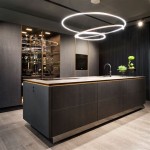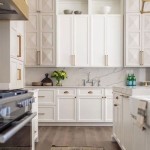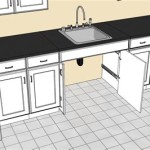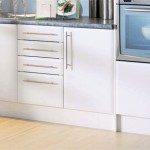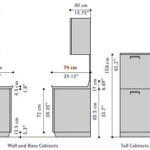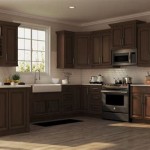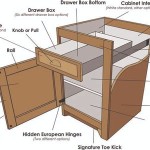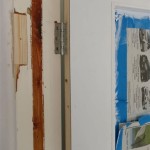Essential Aspects of Chalk Paint and Glaze for Kitchen Cabinets
Upgrading kitchen cabinets with chalk paint and glaze can transform the entire space. Chalk paint, a versatile and budget-friendly option, offers a matte finish with excellent coverage, while glaze adds depth, shine, and antique effects. Understanding the essential aspects of these materials ensures a successful and stunning transformation.
In this article, we'll delve into the key factors to consider when choosing and applying chalk paint and glaze for kitchen cabinets, covering preparation, color selection, application techniques, and finishing touches. Whether you're a DIY enthusiast or a professional, this comprehensive guide will empower you to elevate your kitchen cabinetry.
Surface Preparation: The Foundation for Success
Proper surface preparation is crucial for a flawless finish. It involves cleaning, sanding, and priming the cabinets. Cleaning removes grease and dirt, while sanding smooths the surface and creates adhesion for the paint. Priming acts as a barrier, preventing stains from seeping into the wood and ensuring uniform paint coverage.
Chalk Paint Selection: Embracing Style and Functionality
Choosing the right chalk paint for your kitchen cabinets depends on the desired look and durability. Consider the color palette of your space, experimenting with sample swatches to find the perfect match. Chalk paint comes in a wide range of colors, from classic whites to vibrant hues, allowing you to create a unique style.
The composition of chalk paint affects its durability. Paints with higher wax content are more resistant to chipping and scratches, making them ideal for high-traffic areas like kitchen cabinets. Ensure the paint contains a sealant to protect it from moisture and wear.
Application Techniques: Achieving a Professional Finish
Applying chalk paint requires patience and attention to detail. Apply thin, even coats, allowing each layer to dry completely before proceeding to the next. Use a brush or a roller for larger areas, working in the direction of the wood grain. For a smoother finish, sand lightly between coats with fine-grit sandpaper.
Glazing adds depth and dimension to the paint. Apply a thin layer of glaze over the finished paint, highlighting details, crevices, and edges. Use a damp cloth to wipe away excess glaze, creating subtle shading effects and an aged patina.
Finishing Touches: Protecting and Enhancing the Transformation
To protect the chalk paint and glaze, apply a clear polyurethane finish. Choose a matte or glossy finish depending on your desired sheen. Matte finishes provide a more subtle and understated look, while glossy finishes enhance the glaze and create a more reflective surface.
Consider adding hardware, such as knobs or pulls, to complement the transformed cabinets. Choose hardware that matches the overall style of your kitchen and adds a personal touch to the space.

Porchswings N Honeysuckle Paint And Glaze Cabinet Tutorial Kitchen Renovation Glazed Cabinets Makeover

How To Glaze Kitchen Cabinets

3 Steps To Glaze Cabinets Correctly Painted Furniture Ideas Distressed Kitchen Glazed Chalk Paint

How To Glaze Cabinets At Home With The Barkers

Rescuing And Reviving A Glazed Distressed Kitchen Bella Tucker

How To Glaze Cabinets At Home With The Barkers

How To Glaze Cabinets At Home With The Barkers

Oak Vanity Update With Rustoleum Chalk Paint Glaze Review

Chalk Painted Kitchen Cabinets 2 Years Later Our Storied Home

How To Paint A Kitchen With Chalk Maison De Pax
Related Posts

